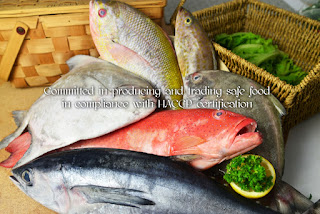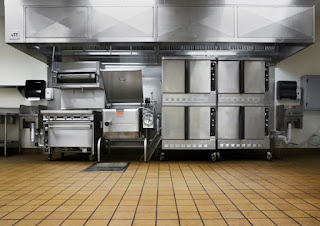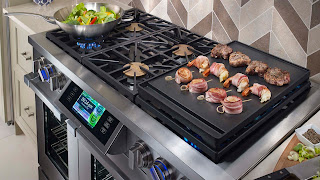When you run a food business, your choice of food suppliers Singapore can be the difference between success and failure. And there is a lot to consider. Price, yes. But equally important are things like delivery schedule, accreditations and most important of all – food safety management.
Here are some ideas to search for your perfect food supplier Singapore.
- Know what you are looking for
Knowing what you want before you begin searching will save you a lot of time. It is worth some thought. Would you like ingredients to be sourced locally? Do you need your supplier to deliver to your premises at certain times?
- Figure out the financial numbers
You need to know how much you are willing to pay for the right food products. What’s your budget? How much to mark-up to the product. Is that mark-up enough for you to return a comfortable profit?
- Ask about your supplier’s delivery schedule
Do they deliver or will you have to send someone to collect them? Do they have a set time of day for delivery and does that fit with your schedule of receiving? Do you need your supplier to deliver fresh produce seven-days a week?
- What are the policies for food safety management?
Food safety is the most important aspect of any food business. How do they ensure the safety and integrity of their produce? Do they use temperature monitoring systems? Or automated food safety software? Where do they source their products or raw ingredients from?
- Any industry accreditations or awards achieved?
Ask for evidence of all food safety certificates and industry accreditations. You might also want to ask if they have achieved any awards for their produce. But if they do, you can be reasonably sure your food supplier Singapore are onto a good thing.
- Who are their existing clients?
A look at a supplier’s client list can tell you a lot. Do they work with multinational supermarkets? If you are feeling curious, contact some of their existing clients for some feedback.
- What about staff training
Their staff should be thoroughly trained and drilled when it comes to food safety. They should be knowledgeable of the potential risks and hygiene of their supplies and be able to take action to avoid them.
- Conduct a background check of the supplier
It makes sense to check the background of your potential food supplier to see if they have any outstanding court cases against them or any other pending civil suit.
Business owners need good and reliable food suppliers Singapore. And be loyal to them. They are essential to your business's good health and growth. They are your hidden growth assets.




